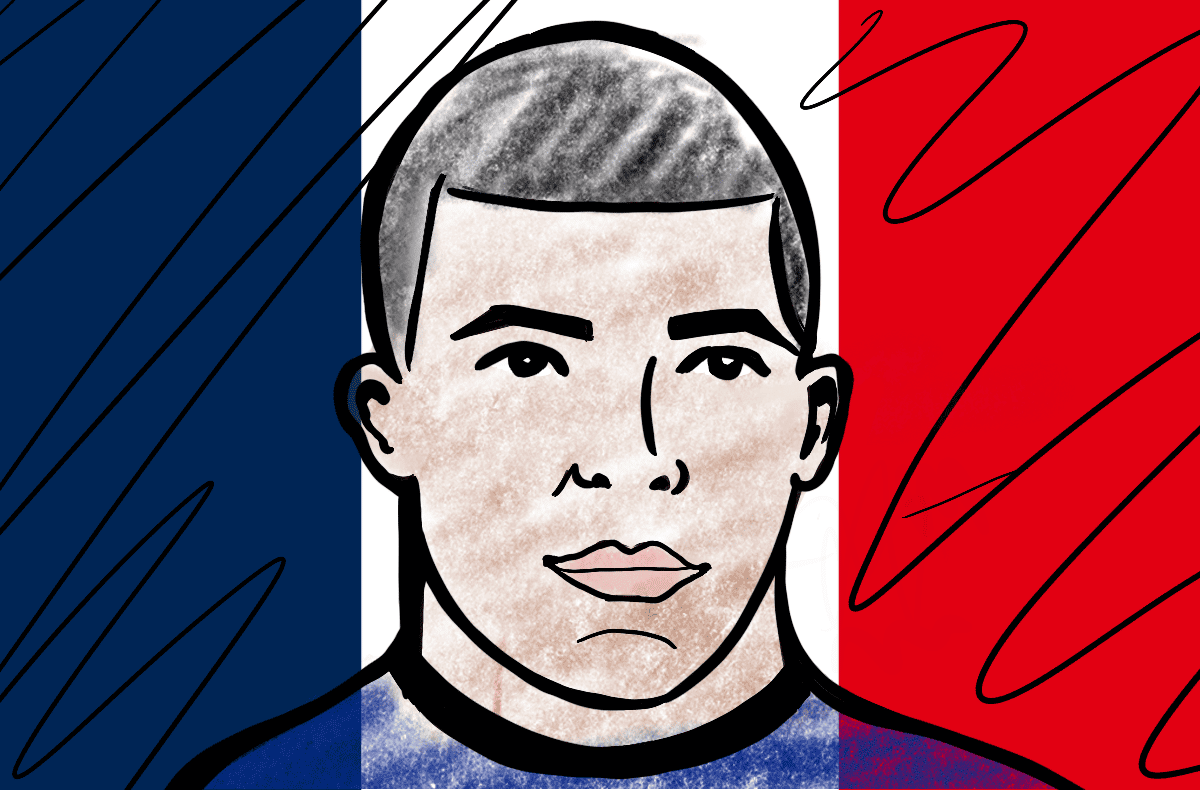
Jerry Seinfeld perfectly captured the spirit of sports with his classic joke:
“People come home from these games, ‘We won! We won!’ No, they won — you watched.”
Seinfeld’s joke is bang on the money about the irrationality of the average football/sports obsessive. They — meaning your team — indeed won, etching their names into the history books forever; you ran around squealing as if you’d scored the winning goal and turned your childhood dream into a reality.
Versions of this same quotable are also heard within the age-old question: “it’s just a game, why do you care so much?”
The infatuation for any sport starts with its value as a source of entertainment, as with any interest that quenches human boredom. But once you dig deeper, it goes far beyond diversion, playing a key role in many people’s lives as a way to escape everyday doldrums.
Sport and escapism have always been linked together in a kind of holy matrimony. For many, football remains the only constant within an endlessly changing world. Although the progress of one’s favourite team ebbs and flows over time, the childlike glee we experience in cheering them on never does. Fandom provides a portal into the past in the present.
The middle-aged bloke that despises Mondays is allowed to be the same teenager that looks forward to the beautiful game making its routine return every weekend. The sound of the ball rifling into the net always manages to submerge the otherwise ceaseless internal monologue about that deadline that needs finishing. For those 90 minutes, responsibilities turn into dust, and instead, this simple game — over which you have no power — now decides the state of your entire week. After all, when your team ends up on the winning side, the challenges of everyday living feel a little easier to overcome. The opposite, of course, also holds true — studies have shown that many fans have actually expressed short-term symptoms of depression when their teams lose.
Some may perceive such a deep-rooted affinity towards a constructed, uncontrolled situation as an unhealthy obsession. But that’s just what a cynic sees.
Essentially, we’re all the same kids for the rest of our lives, but with the bane of adult responsibilities that hang over our heads. To stay connected to our younger selves by preserving this lifelong connection to fandom is a rare gift that should be celebrated. And also, it goes without saying that supporting a football club gives one a feeling of identity.
In many cases, the same gentleman that is gutted about the start of the week often carries on a time-honoured familial tradition, advising his kin what colours to represent for the rest of their lives. Fandom often stems from being affiliated with the team that represents one’s local area, which makes the connection a lot more personal. For others, the team they root for stems from an instant attraction to something as inconsequential as the colour of a jersey, player’s hairstyle or a whacky celebration after finding the back of the net that leads to love at first sight.
The foundation behind fandom could be as monumental as an age-old ritual passed down through generations, or as trivial as being enamoured by the aura of a prime Thierry Henry. But the attachment to the sport happens at a deep-rooted place: in fact, according to studies, fans considered being identified with their favourite team “as important to them as being identified with their religion.” This explains why the losses feel so personal — fandom ties down to a very deep level of identity for a person. The fan says “we lost,” instead of prefacing their beloved club’s name.
I’ve personally not felt like uttering a single word after the club I support were put to the sword in a crunch game, and have completely lost my appetite when overcome with the heartache that comes with being a fan. Weeks have been ruined and group chats have been left, and I’m not the only one that can attest to that. You might pose the sensible question of why one would let themselves go through such a whirlwind of emotions and unnecessary drama, week in, week out?
There’s no logical explanation or well-thought-out rationale to counter the question, but at the heart of it seems to lie the very human root of why we are drawn to sports in the first place. Rooting for a team connects us to something bigger than ourselves. It makes us feel a part of something. It lifts us out of our everyday grind and gives us something bigger to look forward to. And apparently, even through the heartache, sports fans are shown to have higher self-esteem and overall higher satisfaction with their life, even if they root for a losing team.
So yes, Seinfeld was right: people do get a little carried away when it comes to rooting for their teams. But if there’s anything the allegiance of billions of people prove, it’s that as a social institution, bonding ritual, and family tradition, the spectacles we devote ourselves to each weekend are anything but “just a game.”



